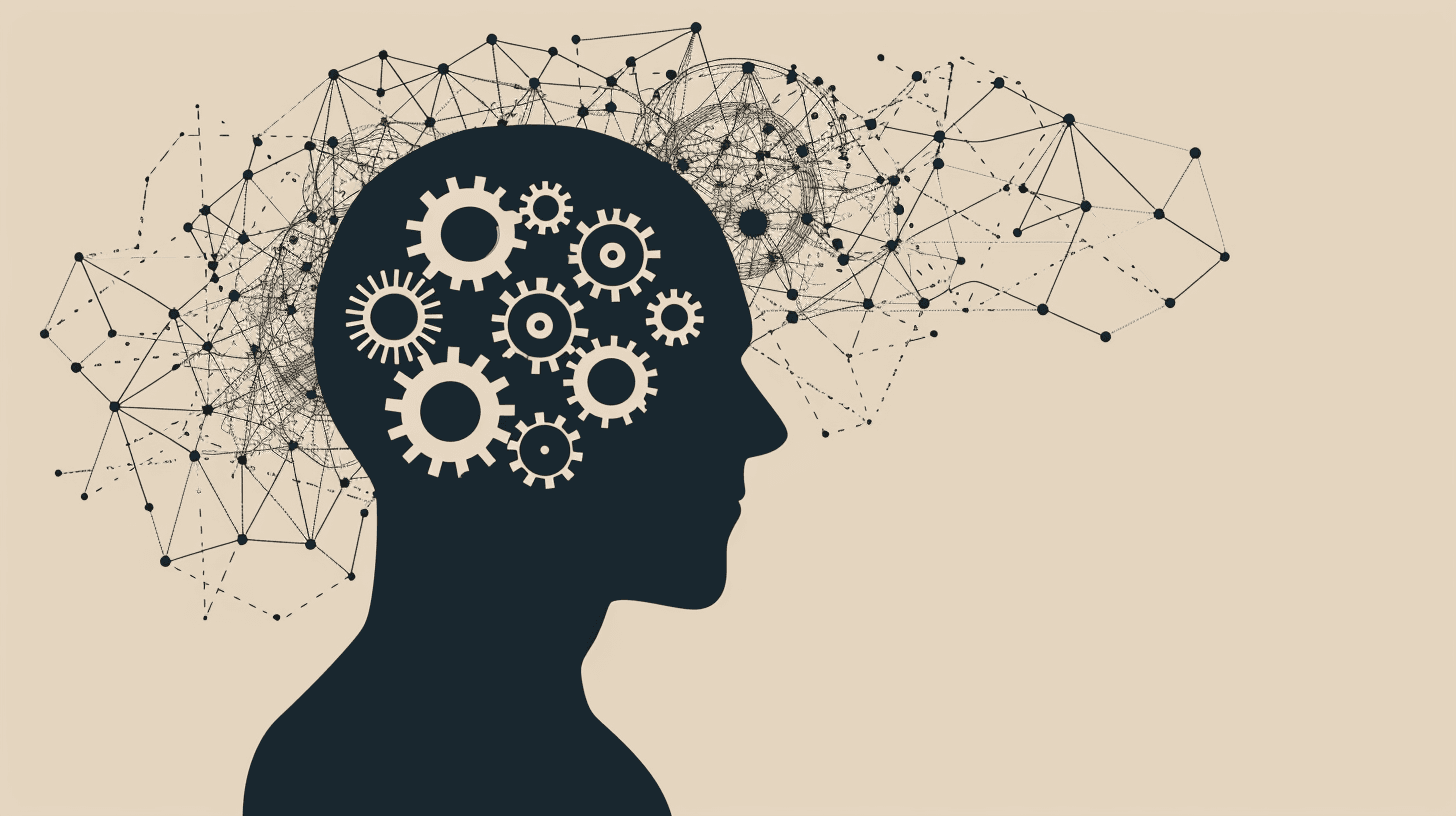
Three decades of developing drugs that target brain plaques have failed to produce any meaningful results for Alzheimer’s patients.
The recent FDA approval of donanemab (kisunla) may slow disease acceleration, but it won’t help people regain their precious memories lost to the disease. Wouldn’t it be sensible to change tack and try to find a way to help the millions suffering?
Scientists at the Buck Institute certainly think so. They’ve developed a novel and groundbreaking method that could one day restore lost memories. It’s early in the research, but what’s exciting is that you can start taking advantage of their new discovery right now.
Key Takeaways
- KIBRA is a protein crucial for memory formation and retrieval.
- Buck Institute researchers developed a shortened version of KIBRA, which restored synapse function and reversed memory loss in mice despite the presence of toxic tau proteins.
- Butyrate, a short-chain fatty acid, can enhance KIBRA activity. Butyrate is found in dairy products and produced by gut bacteria from dietary fiber, prebiotics like fructooligosaccharides, and probiotics.
KIBRA: The Memory Restoration Protein
Buck Institute researchers believe KIBRA has the ability to recover lost memories. KIBRA is short for kidney and brain. It’s a protein encoded by the WWC1 gene and plays a vital role in memory and cognitive function. For example, KIBRA is:
- Used by the Hippocampus: KIBRA is highly expressed in the hippocampus, a brain region crucial for memory formation and retrieval.
- Relied on for Synaptic Plasticity: KIBRA is involved in synaptic plasticity, which is the ability of synapses (the connections between neurons) to strengthen or weaken over time. This plasticity is essential for learning and memory processes.
- Essential for Brain Cell Communication: KIBRA is associated with Long-Term Potentiation (LTP), a persistent strengthening of synapses based on recent patterns of activity. LTP is a major cellular mechanism that underlies learning and memory.
In the brain, KIBRA is located at the synapses - the connections between neurons that allow memories to be formed and recalled. Without KIBRA, synapses won’t form memories.
The process was first described in 2003, and by 2010, scientists from the US and Germany wrote: “A new player has entered the stage in the field of cognition and memory. [It’s] a highly attractive novel target for pharmacological approaches to cognition and possibly dementia.”
“Rather than trying to reduce toxic proteins [amyloid and tau] in the brain, we are trying to reverse the damage caused by Alzheimer’s disease to restore memory,” said Buck Assistant Professor Tara Tracy.[1]
In the first stage of their research, the Buck team measured KIBRA in human cerebrospinal fluid, finding that the higher the levels, the lower the amount in the brain, which corresponded to the severity of dementia.
“We also found this amazing correlation between increased tau levels and increased KIBRA levels in the cerebrospinal fluid,” said Dr. Tracy. “It was very surprising how strong the relationship was, which really points to the role of KIBRA being affected by tau in the brain.”
But the biggest findings were to come…
Synapse Function Restored, Memory Loss Reversed
In the next stage, they created a shortened functional version of KIBRA, which they boosted in mice engineered to develop the human form of Alzheimer’s disease. The scientists were astonished to find synapse function restored and memory loss reversed, even though toxic clumps of tau remained in the mice's brains.
“Reducing toxic proteins is of course important, but repairing synapses and improving their function is another critical factor that could help,” said Dr. Tracy. “That’s how I see this making the biggest impact in the future.”
It may take some years to develop a drug that can increase KIBRA in the brain, but we don’t have to wait until then; we can use this discovery now.
How to Boost KIBRA At Home—It’s Easier Than You Might Think
Certain enzymes called histone deacetylases stall KIBRA activity, so anything inhibiting them will boost KIBRA. One of the strongest inhibitors is a short-chain fatty acid we’ve previously written about called butyrate, which is mainly produced by the gut and is known to dampen brain inflammation.[2]
Dr. Chris Damman, a gastroenterologist with the University of Washington School of Medicine stated in 2022: “Butyrate could be the vitamin D of the next decade: the sunshine from within molecule.”[3]
Butyrate is found in small amounts in whole milk, whole-milk yogurt, cream, butter, full-fat cheddar, Camembert, and Parmesan cheese.
But you get a much bigger bang for your buck from dietary fiber. This feeds the gut bacteria, which then produce butyrate. Foods that keep gut bacteria especially satisfied are resistant starches found in whole grains, oats, rice, legumes, and beans. Prebiotic fructooligosaccharides in bananas, onions, leeks, Jerusalem artichoke, sweet potatoes, and asparagus are also excellent at allowing butyrate-producing bacteria to thrive.
In addition to your diet, supplementing with prebiotic fructooligosaccharides, as well as probiotics, can help. Studies show that probiotics can promote the growth and activity of butyrate-producing bacteria. For instance, Lactobacillus and Bifidobacterium species can enhance the growth of butyrate producers by creating a favorable gut environment. Green Valley Natural’s ComfortPro: Premium Probiotic Formula covers you and contains all three. Once available only in Japan, it contains a unique strain of probiotics, BB-536, which is the ONLY probiotic clinically proven in six human studies.
Summary
KIBRA is a crucial protein for memory and cognitive health. Its involvement in synaptic plasticity, interaction with other synaptic proteins, and association with genetic variants affecting memory performance highlights its importance. Continued research into KIBRA and its mechanisms may lead to better understanding and treatments for memory-related disorders, ultimately supporting healthier cognitive aging.
Frequently Asked Questions
What is KIBRA and why is it important for memory?
KIBRA is a protein encoded by the WWC1 gene, highly expressed in the hippocampus. It plays a key role in synaptic plasticity and long-term potentiation—two essential processes for learning and memory formation. Without it, the brain cannot effectively form or retrieve memories.
How does Alzheimer’s disease affect KIBRA?
Research shows that as toxic tau proteins increase in the brain, KIBRA levels rise in the cerebrospinal fluid but decrease in brain tissue. This inverse relationship suggests that tau disrupts KIBRA’s function, contributing to memory decline.
Can memory loss from Alzheimer’s be reversed?
In mouse models of Alzheimer’s, a shortened version of KIBRA restored synaptic function and reversed memory loss, even in the presence of toxic tau proteins. This discovery presents a promising new direction for memory restoration therapies.
How can I naturally boost KIBRA levels?
Boosting KIBRA involves increasing butyrate, a short-chain fatty acid. You can achieve this by consuming high-fiber foods such as whole grains, legumes, bananas, and asparagus, as well as incorporating full-fat dairy products and taking prebiotics and probiotics that support butyrate-producing gut bacteria.
Is there a supplement that helps increase butyrate and support KIBRA?
Yes. Supplements that combine prebiotic fibers, such as fructooligosaccharides, with probiotics—especially those containing Lactobacillus, Bifidobacterium, or the BB-536 strain—can enhance butyrate production, potentially supporting KIBRA activity and memory health.
- Buck Institute: Buck Scientists Discover a Potential Way to Repair Synapses Damaged in Alzheimer’s Disease FEBRUARY 1, 2024
- Al Sears MD: Brain breakthrough restores what Alzheimer’s stole. Sears Wellness Research, April 18, 2024
- UW Medicine News: Butyrate in microbiome abates a host of ills, studies find July 6, 2022
